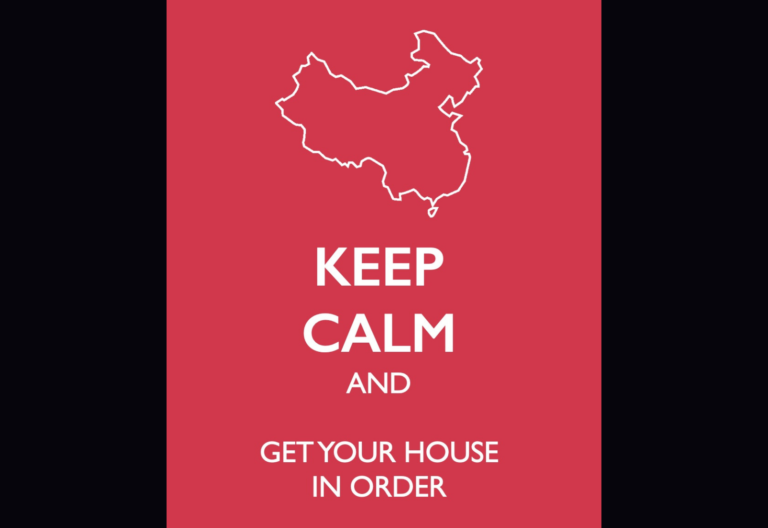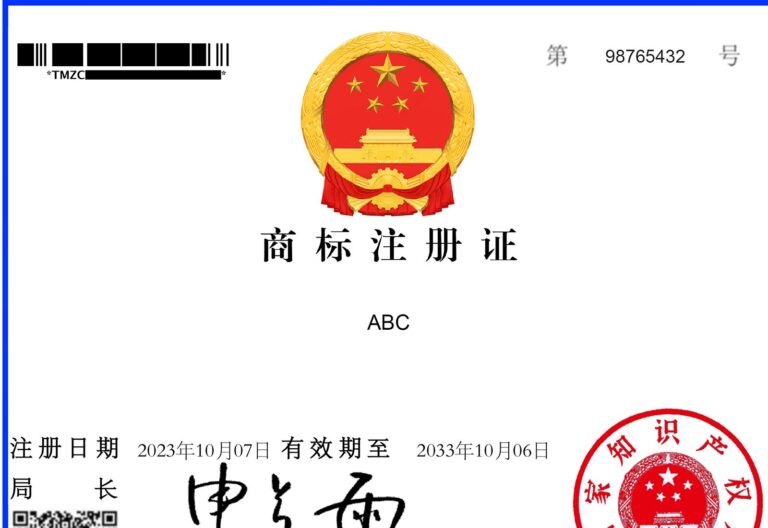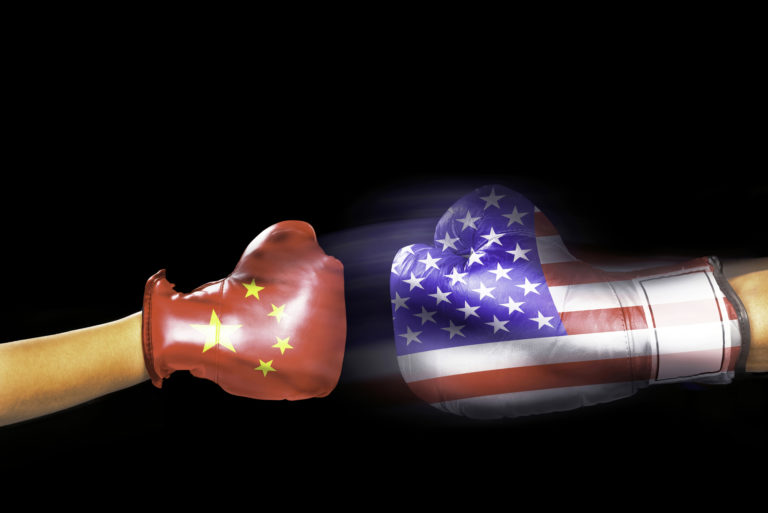
The 101 on Shutting Down Your China WFOE vs. Putting it Into “Hibernation”
Closing Down Your China WFOE Thinking of pulling the plug on your WFOE? For many foreign companies, the initial excitement of doing business in China has given way to the complexities of navigating complex and ever-growing regulations and a faltering economy. If you’ve decided it’s time to close your WFOE, don’t make the costly mistake


















